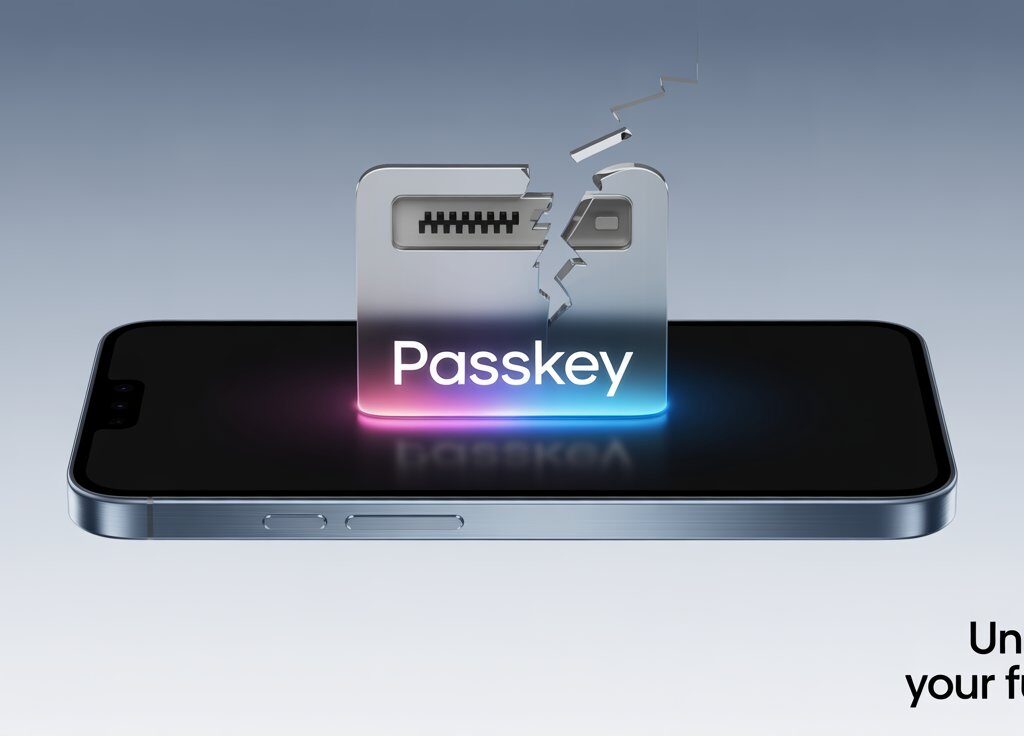The digital world is reeling from a staggering revelation: cybersecurity researchers have confirmed the leak of 16 billion login credentials, including passwords, in one of the largest data breaches in history. This “mega data breach” is not merely a collection of old, recycled information; it’s described as “fresh, weaponisable intelligence at scale,” posing a severe threat to “pretty much any online service imaginable, from Apple, Facebook, and Google, to GitHub, Telegram, and various government services.”
This alarming development underscores a critical truth: our digital lives are increasingly vulnerable. The sheer volume of compromised data—30 exposed datasets, some containing over 3.5 billion records each, discovered since the start of 2025—means that the risk of personal and corporate exploitation is unprecedented, as highlighted by recent findings.
The Mega Data Breach: Scale & Impact

The recent discovery of 16 billion stolen login credentials, including passwords, paints a stark picture of the cybersecurity landscape. This isn’t just a minor leak; it’s a massive trove of data that researchers are calling a “blueprint for mass exploitation.” These exposed datasets, some holding billions of records, contain high-value information, including social media and VPN logins, as well as credentials for corporate and developer platforms.
As Darren Guccione, CEO and co-founder of Keeper Security, notes, “The fact that the credentials in question are of high value for widely used services carries with it far-reaching implications.” This stolen data, as reported, can be leveraged for sophisticated phishing campaigns, enabling account takeovers, and facilitating business email compromise (BEC) attacks, putting individuals and organizations at significant risk.
Google’s Response to Data Breach: The Passkey Push

In response to the escalating threat of data breaches, tech giants like Google are actively advocating for more robust security measures. Google has been consistently advising its users to enhance their Gmail account security by transitioning away from older sign-in methods, such as traditional passwords and even two-factor authentication (2FA), according to recent information.
The tech giant is now strongly encouraging users to upgrade their accounts to passkeys and to utilize social sign-ins for improved control over their digital identities, as highlighted by recent reports. Passkeys represent a significant leap forward in login security. They replace conventional passwords with biometric authentication, leveraging trusted devices like your smartphone. Google views passkeys as “phishing resistant,” meaning they are designed to thwart common phishing attacks. This allows users to log in simply by using the method they already employ to unlock their devices, whether it’s fingerprint recognition, a facial scan, or a pattern lock. As Google emphasizes, “It’s important to use tools that automatically secure your account and protect you from scams.”
Your Digital Security After a Data Breach

The “Collection #1” data breach serves as a powerful reminder that personal digital security is paramount. Your login credentials are the keys to your online life, and when they are compromised, the ripple effects can be severe. This breach highlights the urgent need for individuals to adopt stronger security habits beyond just changing passwords.
The move towards passkeys, championed by Google, offers a more secure and user-friendly alternative to traditional passwords. By embracing technologies like passkeys, you can significantly reduce your vulnerability to common cyber threats like phishing and credential stuffing.
Beyond Passwords: Preventing Future Data Breaches
While passkeys offer a promising future for login security, a comprehensive approach to online safety is essential. Here are key strategies to protect yourself in an evolving threat landscape:
- Embrace Passkeys: Where available, switch to passkeys for your accounts. They offer a superior level of security by eliminating the need for traditional passwords and relying on phishing-resistant biometric authentication, as Google has indicated.
- Utilize Password Managers: For services that don’t yet support passkeys, use a reputable password manager. These tools can generate and securely store unique, complex passwords for all your accounts, eliminating the need to remember them yourself. Many also offer features to identify weak or reused passwords.
- Enable Multi-Factor Authentication (MFA): For any account that offers it, enable MFA. This adds an extra layer of security by requiring a second form of verification (like a code from your phone) in addition to your password, making it much harder for unauthorized users to gain access even if they have your password.
- Be Vigilant Against Phishing: Cybercriminals constantly evolve their tactics. Be suspicious of unsolicited emails, messages, or calls asking for personal information or login credentials. Always verify the sender and the legitimacy of links before clicking.
- Regularly Monitor Your Accounts: Keep an eye on your bank statements, credit reports, and online account activity for any suspicious transactions or unauthorized access. Many services offer alerts for unusual login activity.
- Stay Informed: The cybersecurity landscape is constantly changing. Stay updated on the latest threats and best practices to protect your information.
Staying Ahead of the Curve: Continuous Vigilance
The digital world is dynamic, and so are the threats within it. The “16 Billion Logins Stolen” incident is a stark reminder that proactive and continuous vigilance is not optional, but a necessity. By understanding the risks, adopting advanced security measures like passkeys, and maintaining a holistic approach to your online safety, you can significantly fortify your digital defenses. The future of online security lies in moving beyond outdated practices and embracing innovative solutions that prioritize your protection.
